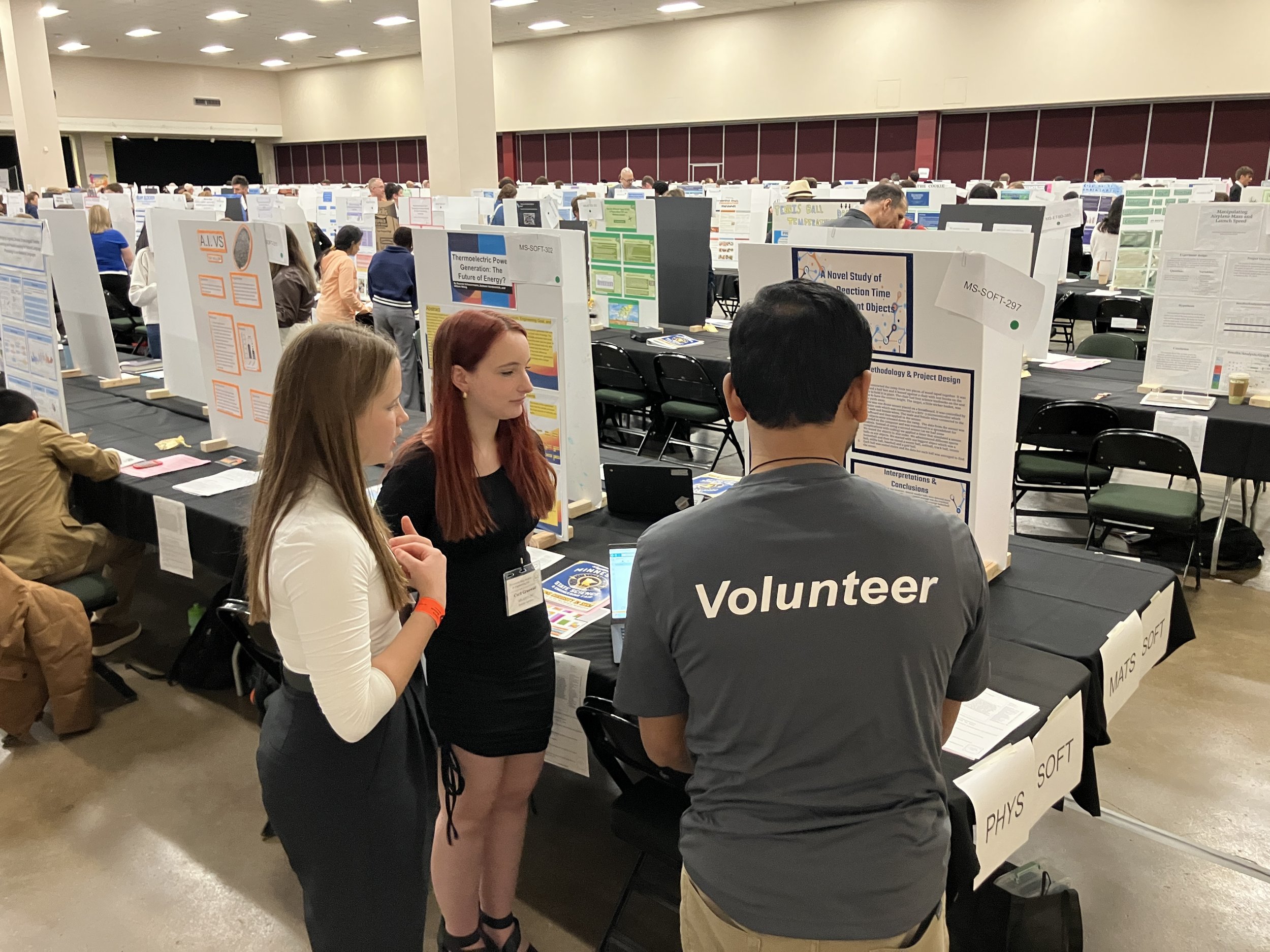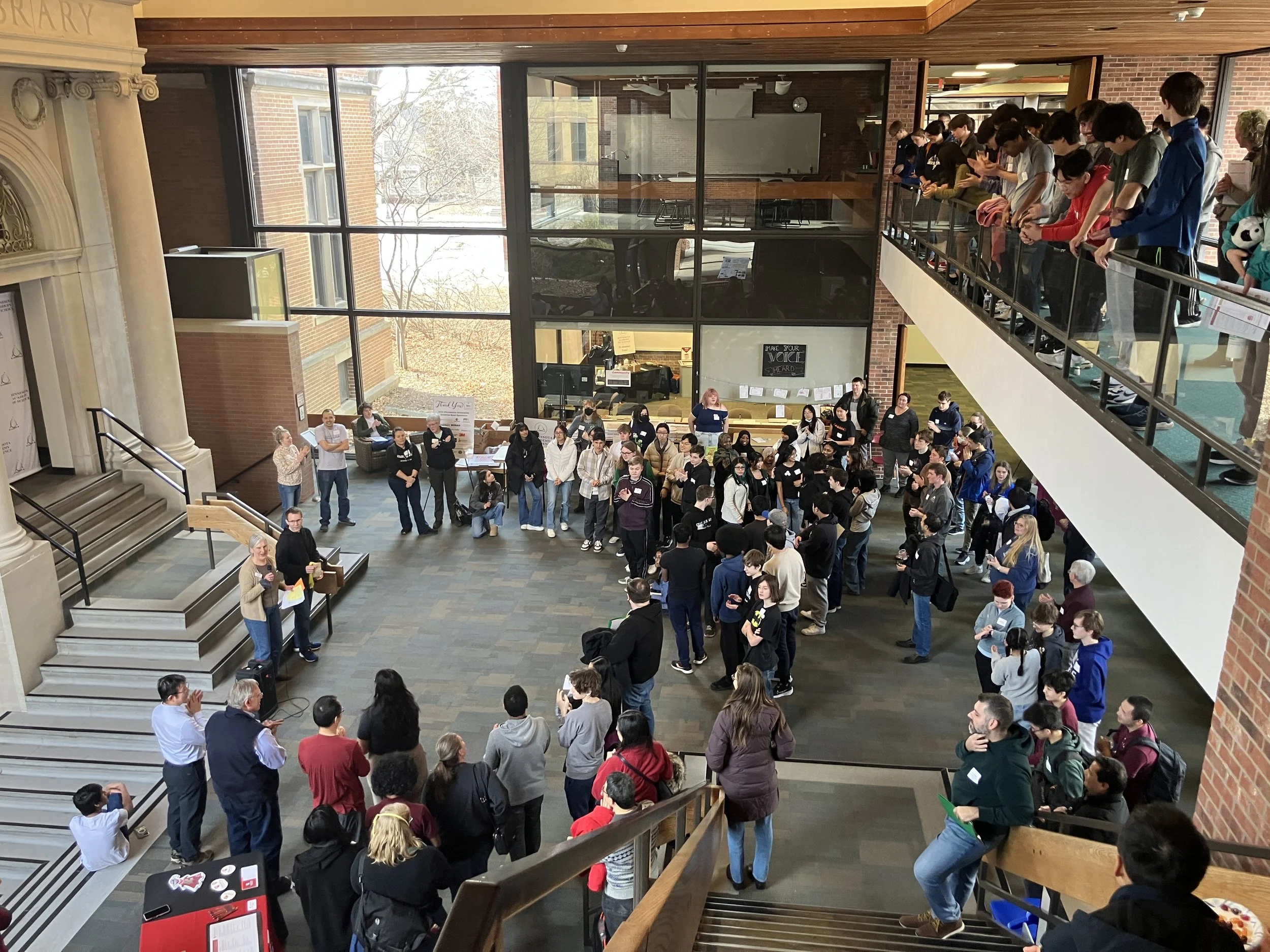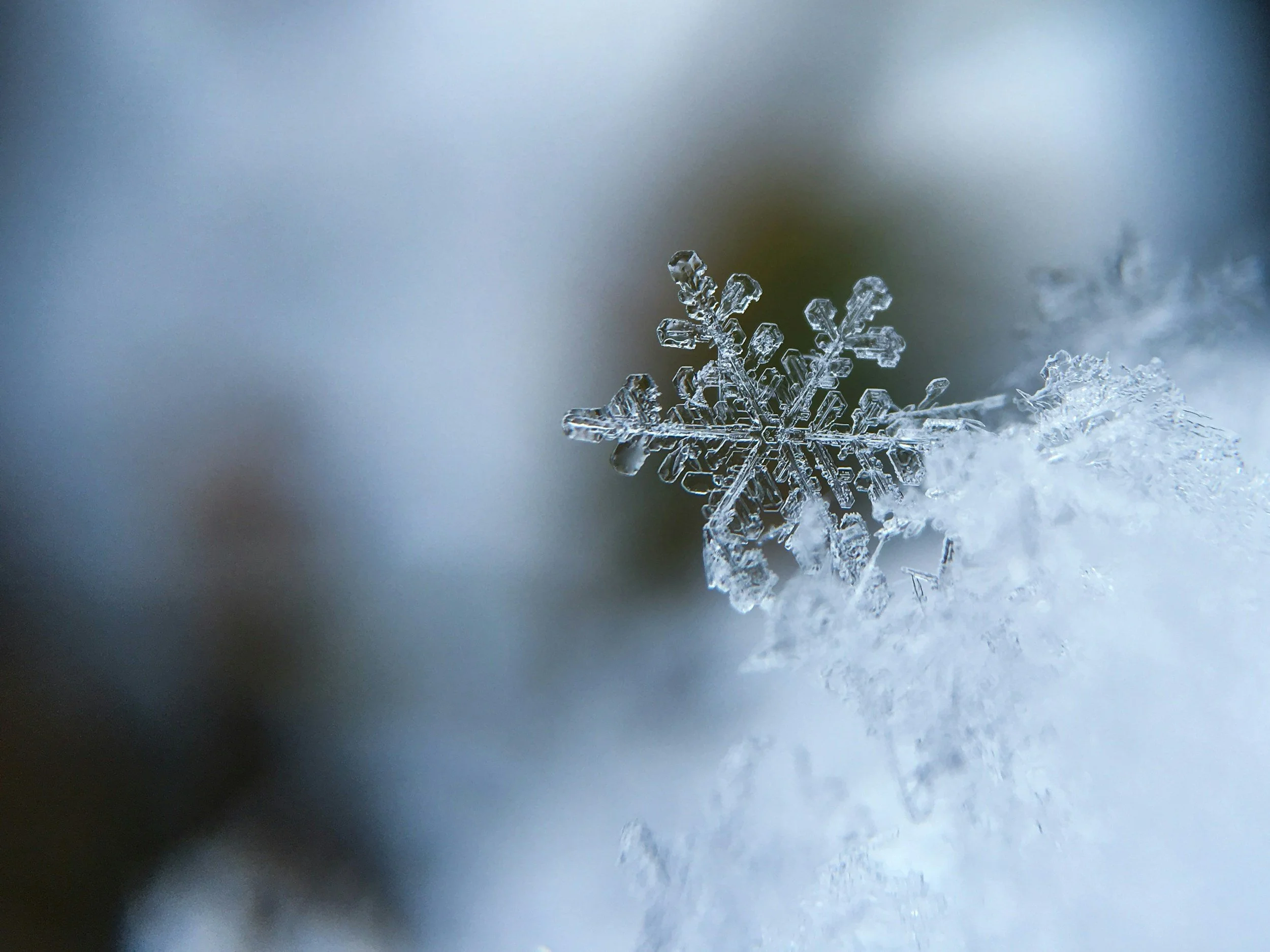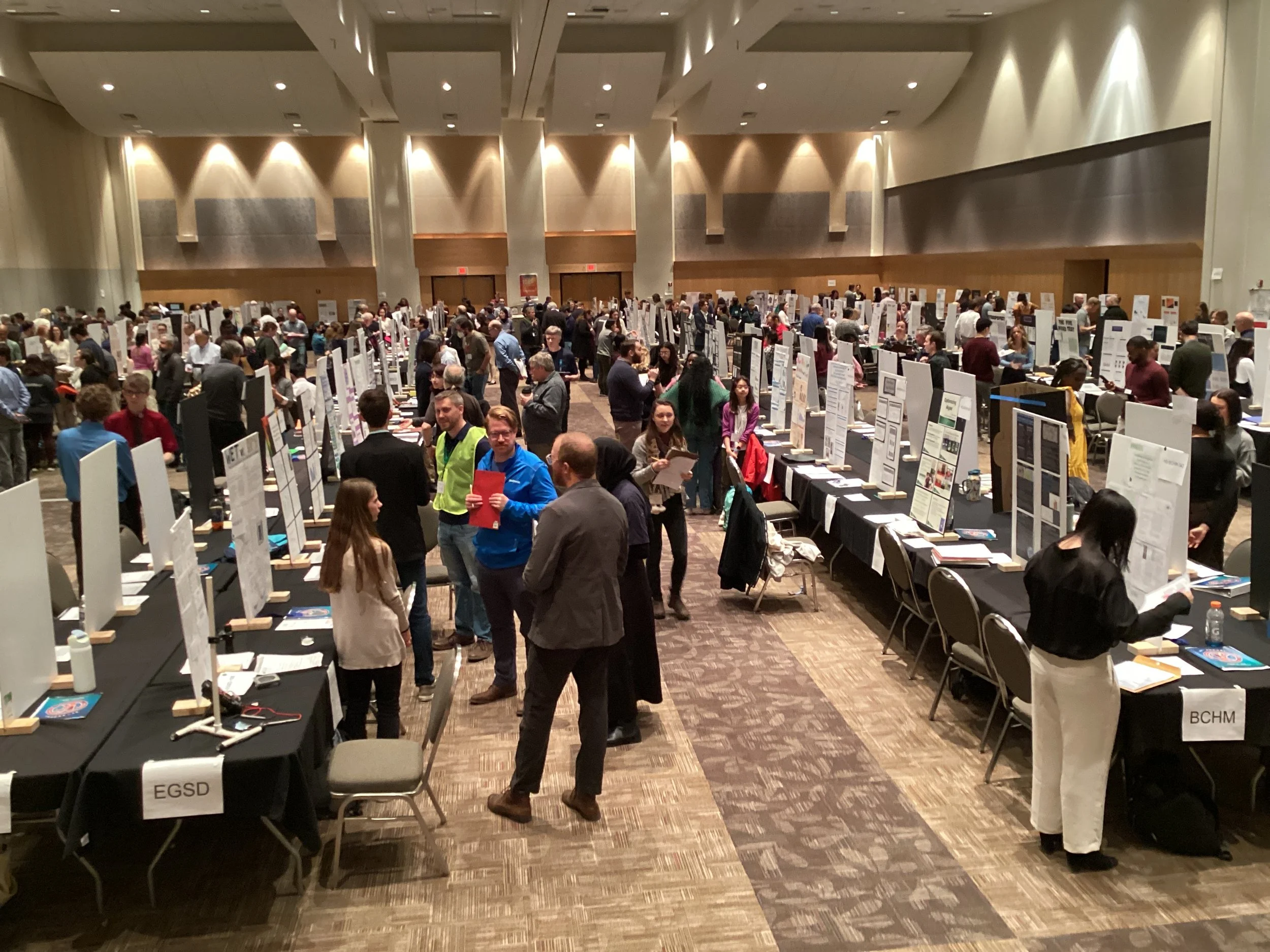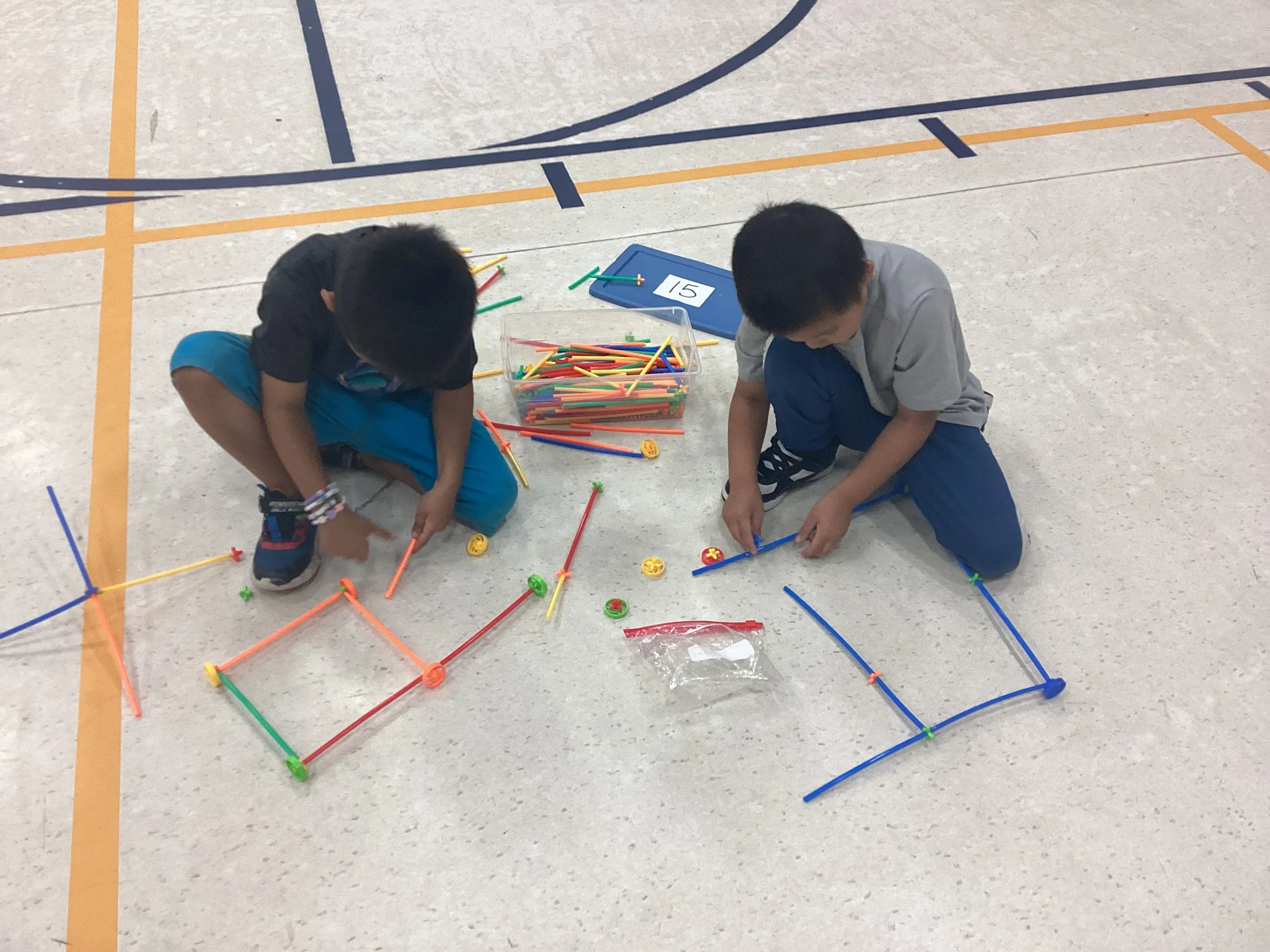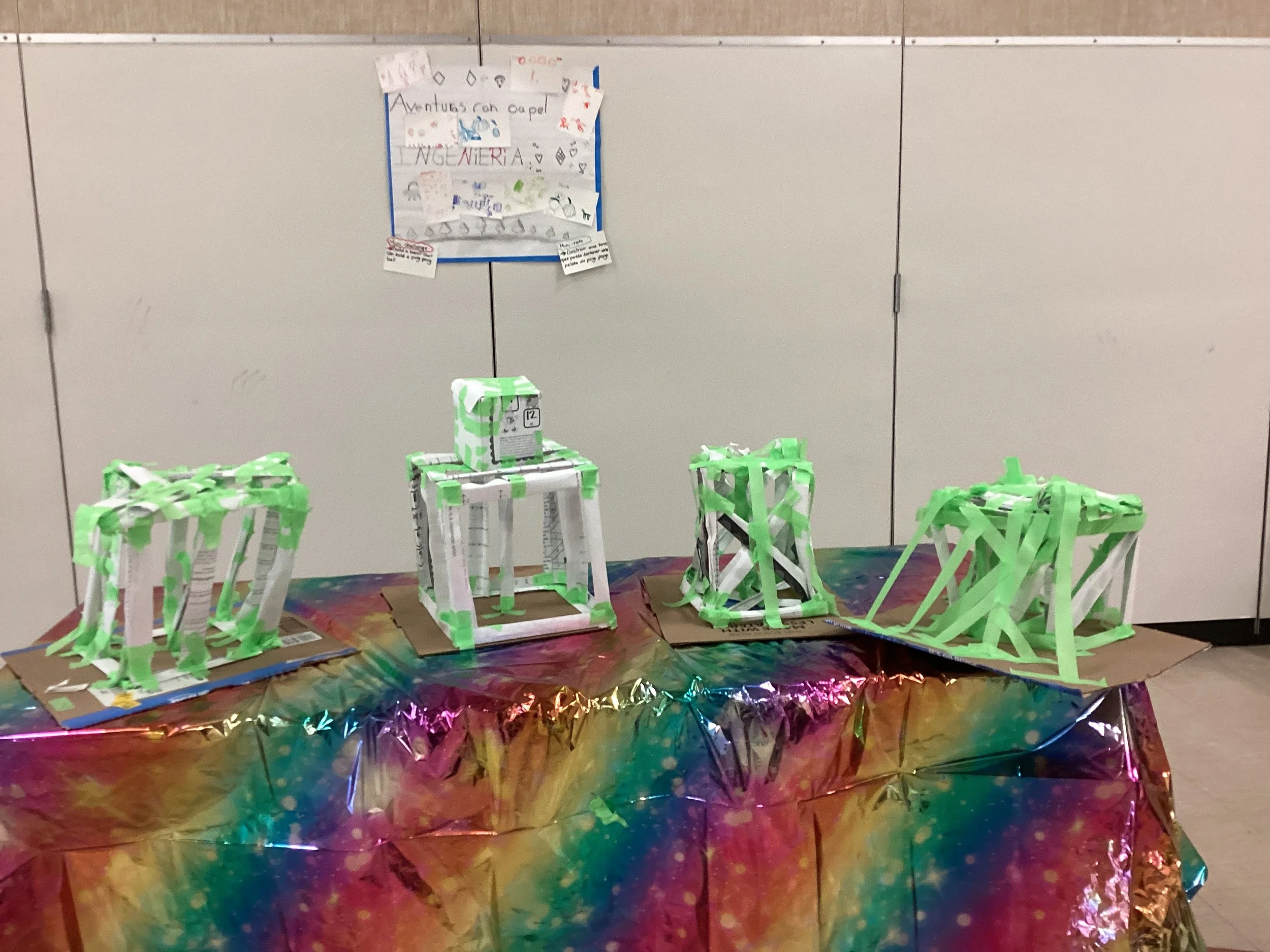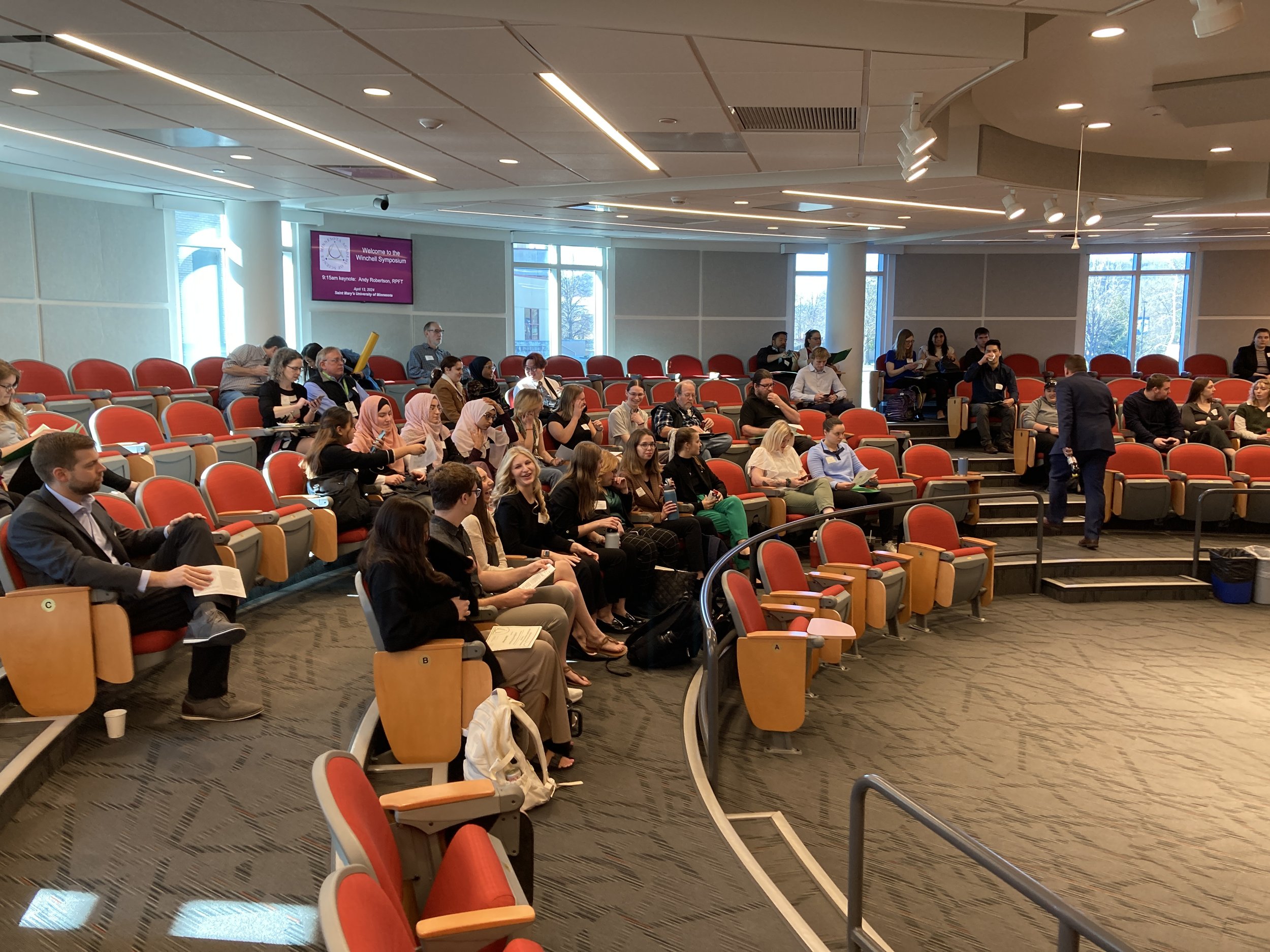North Central Regional Junior Science
and Humanities Symposium (JSHS)
2021 AWARDS
REGIONAL JSHS COMPETITORS
In March 2021, 83 high school students presented 71 original research projects virtually.
MAS and our sponsors congratulate all these students for their perseverance and flexibility during this challenging school year.
National JSHS Finalists
National JSHS offers these prestigious awards to five finalists from each region.
FIRST PLACE ($2,000): Emma Kratcha (Hankinson High School), Soil Farms: A New Approach to Cropland Restoration
SECOND PLACE ($1,500): Dominic Greco & Benjamin Kroul (Breck School), Mighty MOFs: Using Novel Catalysts to Produce Components of Recyclable Plastics
THIRD PLACE ($1,000): Jennifer Oettinger (Mayo High School), Where the Rubber Meets the Road: The Development of an Innovative, Reusable, and Energy-Efficient Filter for Microplastics Created Through Tire Wear
FOURTH PLACE: Christine Song (Mayo High School), Cure of Breast Cancer - Year 4: The First Discovery of New Target Therapy for Aggressive Hormonal Breast Cancer using Clinical Database and 3D Model
FIFTH PLACE: Atreyus Bhavsar (Blake School), The Spread of Macroscopic Droplets from a Simulated Cough with and without the Use of Masks or Barriers
The national award typically includes an expense-paid trip to present at the National JSHS, a program that brings together over 400 participants for educational and scientific exchange. First and second place finalists typically present their research formally/orally and the other finalists present posters. The top three regional awards include scholarships, payable upon matriculation and meeting scholarship conditions. The 59th National JSHS was held April 14-17 2021, as a virtual competition (learn more). Significant awards are available to students who compete in the national symposium. The Departments of the Army, Navy, and Air Force jointly sponsor the following undergraduate scholarship awards for national students: six $12,000 1st place awards, six $8,000 2nd place awards, and six $4,000 3rd place awards.
Regional JSHS Teacher AwaRD
Sponsored by National JSHS, this $500 award is given to a teacher who has demonstrated excellence in mentoring, honoring the individual teacher and their school's contributions to advancing student participation in research.
Patty Kratcha, Science Fair Coach at Hankinson High School, Hankinson, North Dakota
HONORABLE MENTIONs
MAS also congratulates the following students for making it to the callback round of judging at the regional level.
Ivy Ferstan & Amrit Menon (Breck School), Pulling Apart Plastic: Measuring the effectiveness of wax worms, bacteria, and fungus in breaking down biodegradable plastic
Harmony Tracy (Cloquet Senior High School), Tough Turkeys: What effect does climate change have on the home range of Wild Turkeys in Northeast Minnesota?
Quentin Hughes (Minnetonka High School), An Active Role for Machine Learning in the Diagnosis of Cardiac Arrhythmias, Year 2
Abirami Rajasekaran & Harini Senthilkumar (Eden Prairie High School), Predicting compensatory exercise behaviors from anxiety symptomatology in patients with eating disorders
Austin Hunter (Minnetonka High School), Analyzing the impact of drafting in cross country skiing with computational fluid dynamics
Outstanding Achievement Awards
The Minnesota Academy of Science awards six students who conduct exceptional scientific research and presentation of their results a certificate and a $50 prize.
Biomedical Sciences: Quentin Hughes (Minnetonka High School), An Active Role for Machine Learning in the Diagnosis of Cardiac Arrhythmias, Year 2
Chemistry: Maggie Banks (Mounds Park Academy), Using Papermaking Techniques to Engineer a Plant-Based Piezoelectric Transducer with Rochelle Salt to Generate a Resilient, Eco-Friendly Source of Voltage
Engineering and Technology: George Richards & William Sweeney (Breck School), Assistive Lifting Machine for Elders: Engineering a solution to fall-recovery-related injuries in seniors and caregivers
Environmental Sciences: Harmony Tracy (Cloquet Senior High School), Tough Turkeys: What effect does climate change have on the home range of Wild Turkeys in Northeast Minnesota?
Life Sciences: Simren Samba & Fiona Kinney (Breck School), Fruit Fly Frenzy: Investigating the Development of Insecticide Resistance in Drosophila melanogaster
Math and Computer Sciences; Computer Engineering: Nathan Krause (Park Christian School), Investigations in Topdrops
Medicine and Health; Behavioral and Social Sciences; Cellular and Molecular Biology: Abirami Rajasekaran & Harini Senthilkumar (Eden Prairie High School), Predicting compensatory exercise behaviors from anxiety symptomatology in patients with eating disorders
Physics and Astronomy; Theoretical Math: Austin Hunter (Minnetonka High School), Analyzing the impact of drafting in cross country skiing with computational fluid dynamics
Presidential Awards
The Minnesota Academy of Science recognizes one student in each category for excellent research with a certificate and letter of congratulations.
Biomedical Sciences: Emelyn Beaster (Duluth East High School), Using Phytoaccumulation To End Mineral Deficiencies
Chemistry: Benjamin Rex & Grayson Roberts (Breck School), Growing Fuel: Enhancing Phytoplankton Growth with Ferrous Sulfate to Reduce the Cost of Biofuel
Engineering and Technology: Billal Saidi (Al-Amal), Engineering A Cost-Effective Ventilator
Environmental Sciences: Ivy Ferstan & Amrit Menon (Breck School), Pulling Apart Plastic: Measuring the effectiveness of wax worms, bacteria, and fungus in breaking down biodegradable plastic
Life Sciences: Isabel Toghramadjian (St. Paul Academy and Summit School), Optimizing photoperiod to improve drought tolerance in Arabidopsis thaliana
Math and Computer Sciences; Computer Engineering: Caroline Pirtle & Sahana Mangipudi (Breck School), A Schedule a Day Keeps the Doctor Okay: An algorithmic and user-friendly approach
Medicine and Health; Behavioral and Social Sciences; Cellular and Molecular Biology: Elisa Guo (Mounds View High School), CD8 T cell epitope generation toward the mutating SARS-CoV-2 spike protein in genetically diverse human population: Implications for disease control and prevention
Physics and Astronomy; Theoretical Math: Tarun Kota (Eastview), Detection and Characterization of Astronomical Dwarfs using CatWISE








